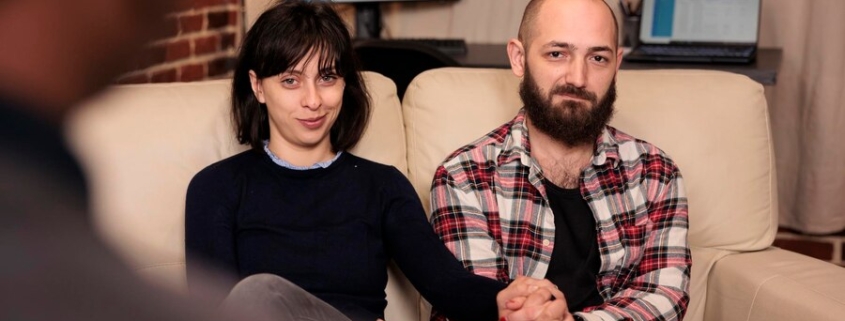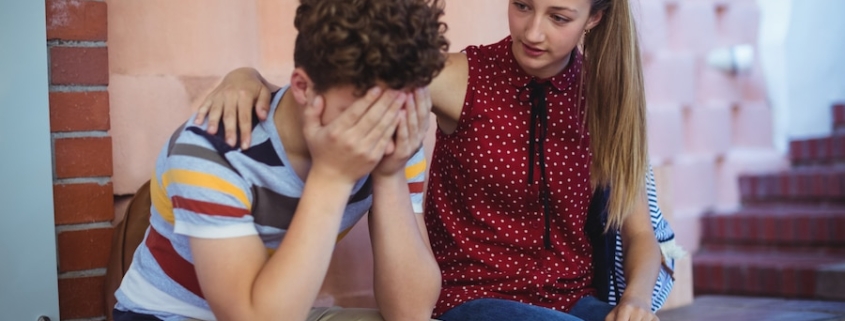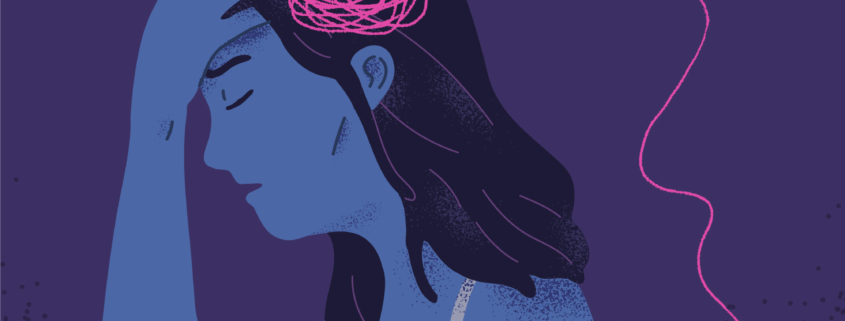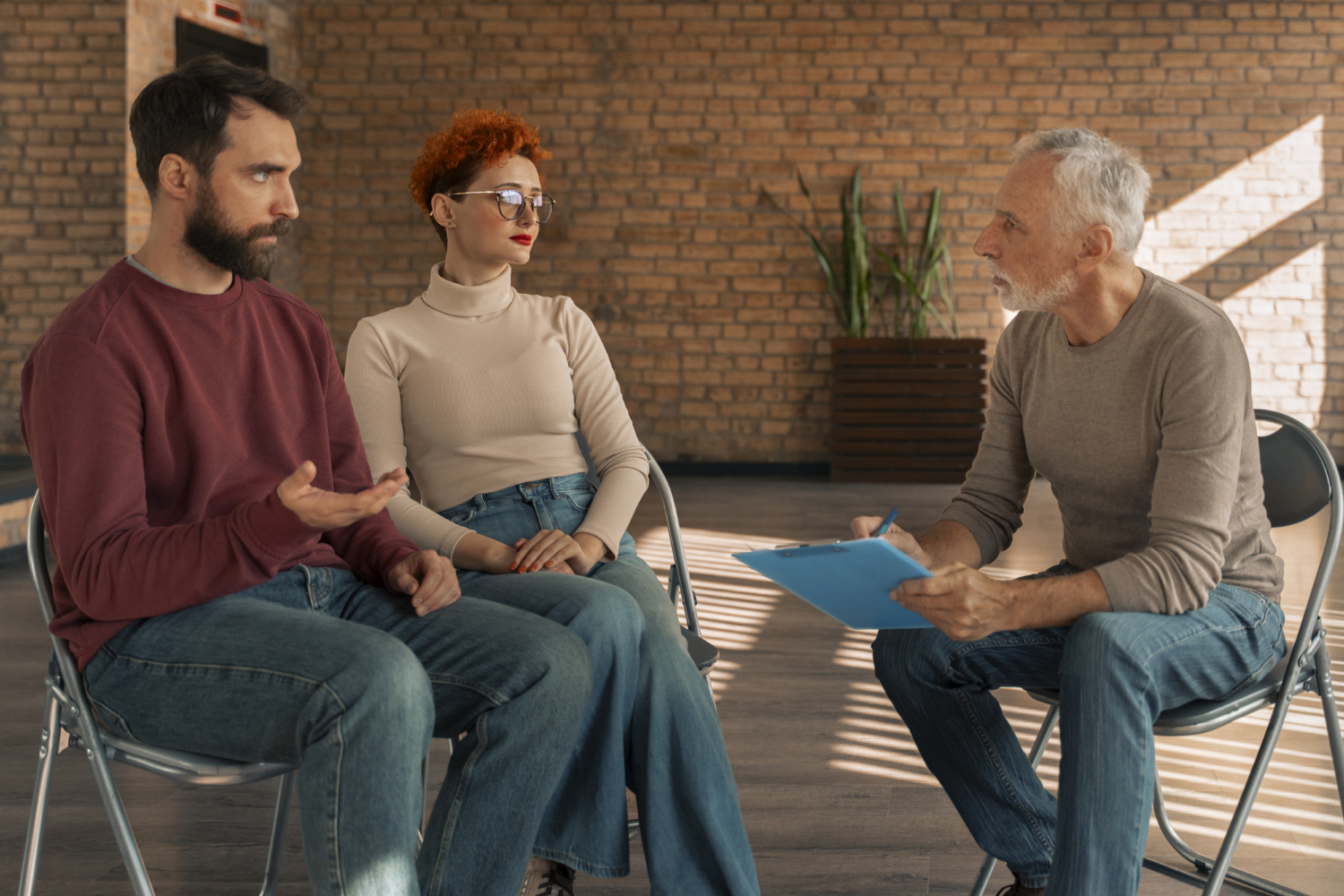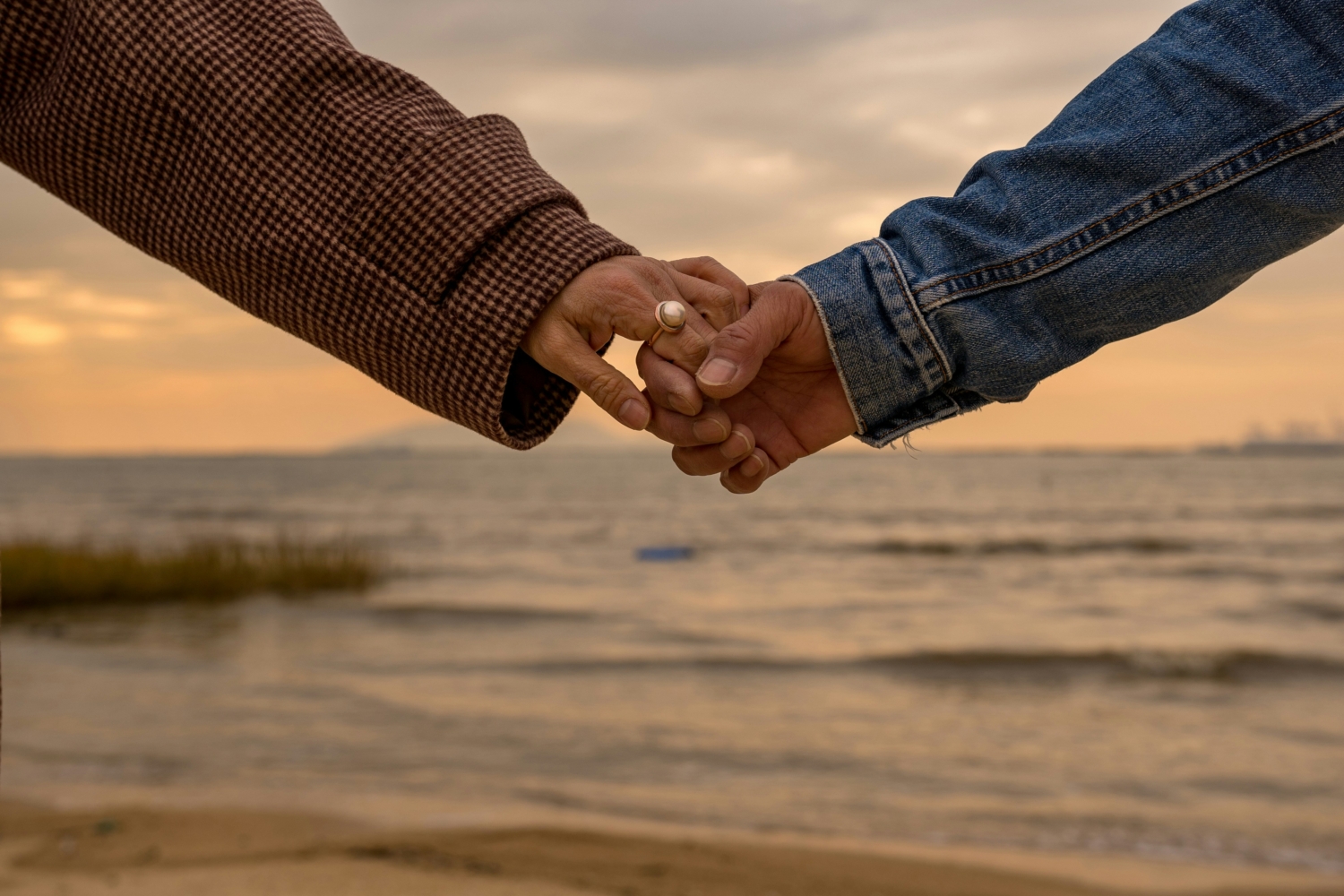In the journey of life, many couples face challenges that push them to their limits, sometimes even to the point of hitting rock bottom. Substance abuse, mental health issues, and relationship strains can leave couples feeling helpless and isolated. However, amidst the darkness, there is a beacon of hope in the form of couples rehab. This unique approach to rehabilitation offers a path to recovery that not only addresses individual struggles but also strengthens the bond between partners, paving the way for a shared journey to healing.
Couples Rehab Services
Finding Strength in Unity: Couples Rehab During Rock Bottom
When couples confront the challenges of addiction or mental health crises, it’s common to feel overwhelmed and uncertain about where to turn for help. Seeking support individually may not always address the complexities of these issues, particularly when they’re intricately linked to the dynamics of the relationship. This is where couples rehab steps in, providing a holistic and integrated approach to recovery that acknowledges the interconnectedness of addiction, mental health, and relationship dynamics.
Unlike traditional forms of treatment that focus solely on the individual, couples rehab recognizes that addiction and mental health struggles often affect both partners and the relationship as a whole. By addressing these challenges within the context of the relationship, couples rehab offers a more comprehensive and effective path to healing.
Through couples therapy and counseling, partners in rehab can explore the underlying issues contributing to their struggles, improve communication and conflict resolution skills, and rebuild trust and intimacy. By working together as a team, couples can support each other’s recovery journey, strengthen their bond, and create a healthier and more resilient relationship.
Together Through Tough Times: Couples Rehab as the Solution
Facing addiction or mental health challenges as a couple can be overwhelming and isolating, but couples rehab offers a beacon of hope and support during tough times. In couples rehab, partners have the opportunity to address their individual struggles while also tackling the relational dynamics that may exacerbate their difficulties.
Through therapy sessions tailored for couples, partners can explore how their behaviors, communication patterns, and past experiences influence their relationship and contribute to their current challenges. By engaging in therapy together, couples gain valuable insights into each other’s perspectives and experiences, fostering empathy, understanding, and mutual support.
Couples rehab provides a safe and nurturing environment where partners can openly discuss their fears, frustrations, and hopes for the future. Therapists guide couples in developing healthier communication skills, setting boundaries, and rebuilding trust, laying the groundwork for a more resilient and fulfilling relationship.

Rebuilding from Rock Bottom: The Couples Rehab Experience
Navigating the journey through couples rehab is an inherently transformative experience that transcends the boundaries of conventional rehabilitation. It entails a holistic approach that begins with a thorough assessment of each partner’s individual needs, followed by the development of customized treatment plans that take into account the intricate dynamics of the relationship.
At the heart of the couples rehab experience is a commitment to addressing the multifaceted nature of the challenges faced by the couple. This involves a blend of individual counseling, group therapy, and couples-focused interventions, all of which are designed to provide comprehensive support and guidance throughout the recovery process.
Individual counseling sessions offer partners a safe and confidential space to explore their personal struggles, traumas, and triggers, empowering them to gain insight into their own behaviors and thought patterns. Group therapy sessions provide an opportunity for partners to connect with others who are facing similar challenges, fostering a sense of community, validation, and support.
Central to the coup
Shared Recovery: Couples Facing Rock Bottom Find Hope in Rehab
Couples facing rock bottom find a beacon of hope in rehab, where shared recovery becomes a cornerstone of their journey towards healing. In couples rehab, partners experience a profound sense of shared responsibility and accountability as they navigate the complexities of recovery side by side.
Throughout the rehab process, partners learn to lean on each other for support, encouragement, and motivation. They celebrate victories together, no matter how small, and provide solace and strength during moments of struggle. This shared journey not only accelerates the healing process but also creates a deep sense of unity and resilience within the relationship.
By facing their challenges together, couples in rehab cultivate a profound understanding of each other’s experiences, fears, and aspirations. They develop effective communication skills, learn to navigate conflicts constructively, and build a strong foundation of trust and intimacy. Through mutual support and shared commitment to recovery, partners emerge from rehab with a renewed sense of hope, purpose, and connection.
When Couples Hit Rock Bottom: The Journey to Rehabilitation
The decision to seek couples rehab is a courageous step towards reclaiming a life free from the burdens of addiction and mental health struggles. It signifies a commitment to not only individual well-being but also the preservation and growth of the relationship. Couples who embark on this journey to rehabilitation often discover a newfound sense of hope, strength, and connection that propels them towards a brighter future together.
Couples rehab offers a beacon of hope for partners who find themselves at rock bottom, struggling with the weight of addiction, mental health challenges, or relationship strain. Through a holistic and integrated approach, couples can address their individual and relational struggles, finding strength in unity and rebuilding a solid foundation for their future together.The journey to rehabilitation is not without its challenges, but it is a testament to the enduring power of love, resilience, and the unwavering commitment to weather the storms together. Contact us today to discover how we can support you and your loved ones on this journey towards healing and recovery.
FAQs
- What is couples rehab, and how does it differ from individual rehab programs?
Couples rehab is a specialized form of rehabilitation that focuses on addressing addiction and mental health issues within the context of the relationship. Unlike individual rehab programs, couples rehab involves both partners in the recovery process, offering therapy and support tailored to the dynamics of their relationship.
- How does couples rehab help couples facing challenges such as addiction, mental health issues, and relationship strains?
Couples rehab provides a holistic approach to healing by addressing the interconnected nature of addiction, mental health, and relationship dynamics. Through therapy and counseling, partners can explore underlying issues, improve communication skills, rebuild trust, and strengthen their bond while addressing individual struggles.
- What can couples expect from the couples rehab experience?
In couples rehab, partners can expect to participate in individual and couples therapy sessions, group therapy, and holistic interventions tailored to their needs. The program aims to foster empathy, understanding, and mutual support while equipping couples with the tools to navigate challenges and rebuild their relationship.
- How does couples rehab foster a sense of unity and shared responsibility in recovery?
Couples rehab encourages partners to work together as a team, supporting each other’s recovery journey and sharing responsibility for their collective well-being. Through shared experiences, mutual support, and a commitment to growth, couples in rehab cultivate a deep sense of unity and resilience.
- What role does therapy play in the couples rehab process?
Therapy is a central component of the couples rehab process, providing partners with a safe space to explore their individual struggles and relationship dynamics. Through therapy, couples can address communication issues, set boundaries, resolve conflicts, and develop healthier coping mechanisms, laying the foundation for long-term recovery and relationship satisfaction.
- How does couples rehab empower couples to rebuild their relationship from rock bottom?
Couples rehab empowers couples to rebuild their relationship by providing them with the tools, insights, and support needed to navigate challenges and overcome obstacles together. Through therapy and counseling, couples can heal past wounds, strengthen their connection, and create a healthier and more resilient relationship.
- What makes couples rehab a beacon of hope for couples facing rock bottom?
Couples rehab offers a beacon of hope for couples facing rock bottom by providing a comprehensive and integrated approach to healing. Through therapy, support, and guidance, couples can address their individual struggles and relationship issues, finding strength in unity and rebuilding a solid foundation for their future together.
- How can couples access couples rehab services?
Couples interested in couples rehab services can reach out to the facility directly to inquire about program offerings, eligibility criteria, and enrollment procedures. The facility’s staff is available to provide guidance and assistance to couples seeking support and treatment for addiction, mental health issues, or relationship strains.
- What outcomes can couples expect from participating in couples rehab?
Couples participating in couples rehab can expect to experience improved communication, increased trust and intimacy, enhanced coping skills, and a stronger sense of unity and connection. The program aims to empower couples to overcome challenges, rebuild their relationship, and create a fulfilling and resilient partnership.
- How does couples rehab support couples on their journey towards healing and recovery?
Couples rehab provides couples with the tools, resources, and support needed to navigate the challenges of addiction, mental health issues, and relationship strains. Through therapy, counseling, and holistic interventions, couples can heal past wounds, develop healthier coping mechanisms, and create a more satisfying and fulfilling relationship.


